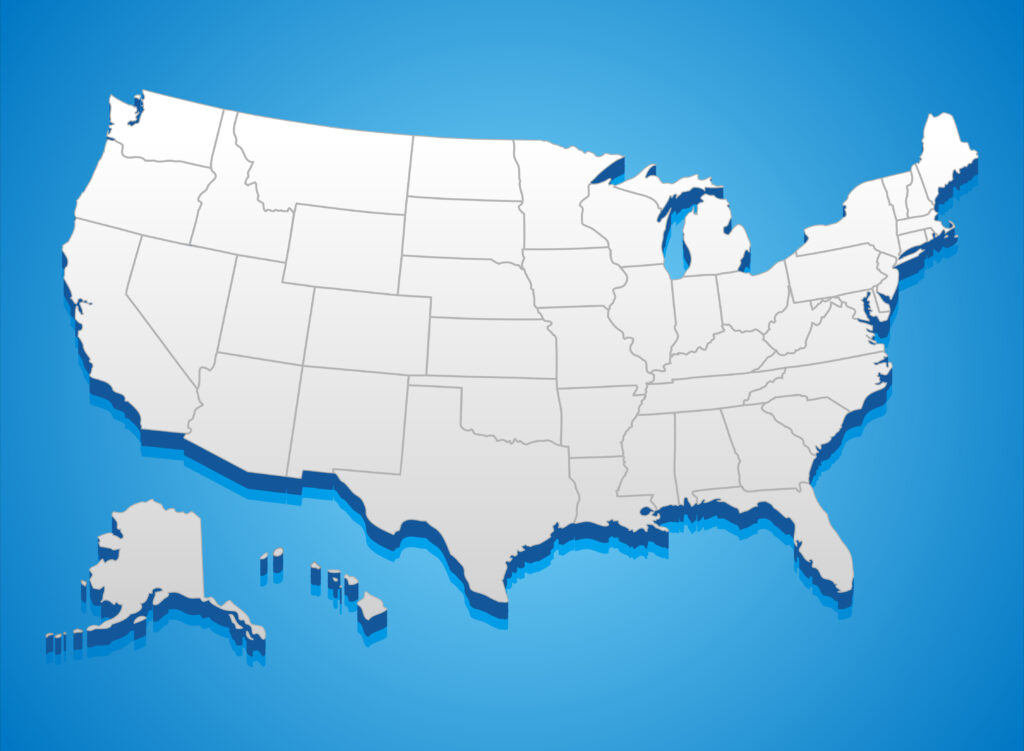Indiana Seeks Supreme Court Review in Down Syndrome Abortion Case

by Thomas M. Messner, J.D.
In employment law, the rule of “at will” employment provides that an employer may dismiss an employee at any time for any nonprohibited reason or no reason at all. However, that general rule is subject to exceptions, such as the rule that employers may not dismiss an employee based on a protected status such as race, sex, or disability.
The same approach should apply in abortion law, so long as the U.S. Supreme Court imposes a general rule of abortion-on-demand, for any reason or no reason at all. Until the Court reverses Roe v. Wade, the general rule of abortion-on-demand should also be subject to exceptions. One of these exceptions should be the rule that, when it comes to the life-or-death choice of abortion, parents should not be able to discriminate against children based on a protected status such as race, sex, or Down syndrome.
* * *
A new case gives the Supreme Court an opportunity to recognize such an exception to the general abortion right and clarify that its abortion precedents have ever meant only that a mother has a legally protected right to choose not to be pregnant—not that parents can discriminate between children based on unwanted traits of the child.
The case is Commissioner, Indiana Department of Health v. Planned Parenthood of Indiana and Kentucky, No. 1-483. On October 12 the State of Indiana filed a petition seeking Supreme Court review in the case.
The case presents the issue whether the U.S. Constitution permits a state, as Indiana has attempted to do, to prohibit abortion sought because the child has Down syndrome. The Supreme Court has never addressed this question much less answered it.
Background
In 2016, the Indiana legislature enacted House Enrolled Act 1337. That act, as codified at Indiana Code Section 16-34-4-6(a) and (b), provides that a person may not intentionally perform or attempt to perform an abortion “if the person knows that the pregnant woman is seeking the abortion solely because the fetus has been diagnosed with Down syndrome or has a potential diagnosis of Down syndrome.”
The act further provides, as codified at Indiana Code Section 16-34-2-1.1(a)(1)(K), that at least 18 hours before the abortion, the mother must be informed privately (not in a group) that “Indiana does not allow a fetus to be aborted solely because of the . . . diagnosis or potential diagnosis of the fetus having Down syndrome.”
The act includes an exception for cases of “lethal fetal anomaly,” which term is defined as a “fetal condition diagnosed before birth that, if the pregnancy results in a live birth, will with reasonable certainty result in the death of the child not more than three (3) months after the child’s birth.”
Planned Parenthood filed a lawsuit challenging the Down syndrome protections created by the Indiana legislature. A federal trial court struck down the Down Syndrome protection.
A three-judge panel of the U.S. Court of Appeals for the Seventh Circuit upheld the trial court decision. Upon a petition for rehearing en banc, the full court declined to review the panel decision.
On October 12, 2018, Indiana filed a petition seeking Supreme Court review of the Seventh Circuit decision. The petition was placed on the docket October 16.
Down Syndrome Discrimination Abortion and the Viability Rule
The key issue in any Down syndrome abortion case comes from a legal standard created by the U.S. Supreme Court called the “viability rule.”
The Supreme Court created the viability rule in the 1973 Roe v. Wade decision and affirmed the viability rule in the 1992 Planned Parenthood v. Casey case.
Under the viability rule, government may not prohibit abortion before viability, which is defined as the ability of the child to survive outside the womb with medical support. Today, viability occurs after 22 weeks in the very large percentage of cases.
A joint opinion in Casey authored by Justice Kennedy and two other justices described the viability rule as the “most central principle” of Roe.
To the extent a Down syndrome abortion law prohibits abortion before viability, opponents of such a law will argue that it creates a conflict with the viability rule.
Proponents of protecting children with Down syndrome will argue that (1) the Court has never addressed this specific issue, (2) the Court’s abortion precedents creating the general right to abortion do not protect discrimination abortion, and (3) if the Court’s general abortion precedents do protect discrimination they should be replaced with better precedents.
Down Syndrome Abortion Legislation Presents a Question of First Impression for the Supreme Court
Only four states—Indiana, Ohio, South Dakota, and Louisiana—have passed legislation protecting children against Down syndrome discrimination abortion. Legal challenges have been brought against the Indiana and Ohio laws. Litigation involving the Ohio law is currently taking place in the U.S. Court of Appeals for the Sixth Circuit.
The Supreme Court has never addressed the question of Down syndrome discrimination abortion.
Further, the Supreme Court’s abortion precedents creating a general right to abortion on demand should not be construed to include a right to the eugenic practice of discrimination abortion.
Support for this position comes from the opinion of Judge Easterbook dissenting from the decision of the Seventh Circuit to decline en banc review in the Indiana Down syndrome case.
In the words of Judge Easterbrook, “Judicial opinions are not statutes; they resolve only the situations presented for decision.” And in Casey, Judge Easterbrook explains, the Supreme Court “did not consider the validity of an anti-eugenics law.”
Judge Easterbrook then cites the same example involving employment law as I set out in the opening paragraphs of this blog post. “Consider a parallel in private law,” Judge Easterbrook writes. “Judges often said that employers could fire workers for any or no reason. That’s the doctrine of employment at will. But by the late twentieth century,” Judge Easterbrook explains, “courts regularly created exceptions when the discharge was based on race, sex, or disability. Casey does not tell us whether a parallel ‘except’ clause is permissible for abortions.”
Judge Easterbrook continues this powerful line of argumentation. “Casey and other decisions hold that, until a fetus is viable, a woman is entitled to decide whether to bear a child. But there is a difference,” Judge Easterbrook observes, “between ‘I don’t want a child’ and ‘I want a child, but only a male’ or ‘I want only children whose genes predict success in life.’ Using abortion to promote eugenic goals,” Judge Easterbrook writes, “is morally and prudentially debatable on grounds different from those that underlay the statutes Casey considered.”
According to Judge Easterbrook, “None of the Court’s abortion decisions holds that states are powerless to prevent abortions designed to choose the sex, race, and other attributes of children.”
Social and medical progress in the lives of children and adults with Down syndrome are discussed here.
The impact of abortion on the community of children and adults with Down syndrome is discussed here.


























